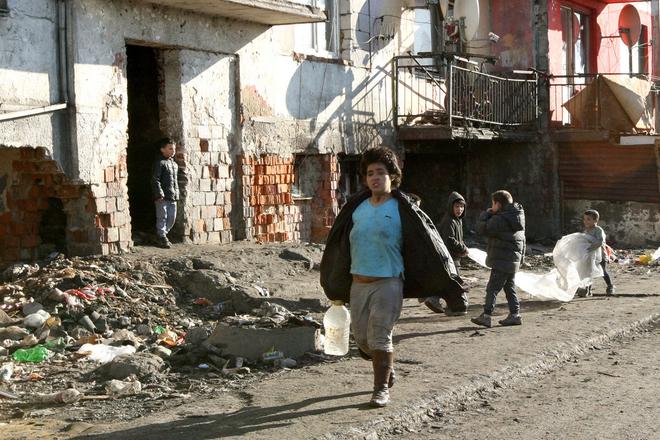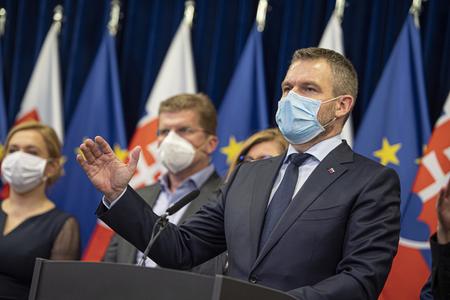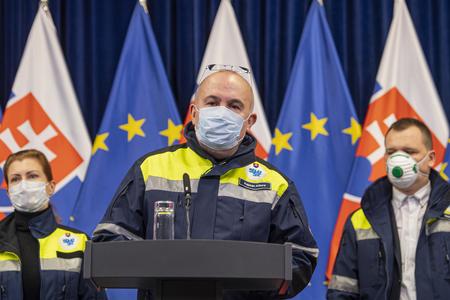Our paywall policy
The Slovak Spectator has decided to leave all the articles about the coronavirus available for everyone. If you appreciate our work and would like to support good journalism, please buy our subscription. We believe this is an issue where accurate and fact-based information is important for people to cope.
Poor hygiene, families with 10-15 members who live in one room, and the deteriorating health of socially excluded communities. The current coronavirus outbreak could have a deadly impact on those living in Roma settlements.
“The high concentration of people, low quality of housing, limited access to drinking water, shortage of basic protection equipment like disinfectants and masks, as well as the lack of washing machines prevent those living in the settlements from properly protecting themselves from the virus,” said Magdaléna Rothová, head of the Association for Culture, Education and Communication, which has dozens of in-field workers.
One factor may even worsen the situation of the poorest people in Slovakia.
“If breadwinners of the community return from the UK, Belgium or Germany, there could be a big problem,” she added.
>>> Follow news about the coronavirus in Slovakia here.
PM Peter Pellegrini (Smer) has also admitted this could be a big issue.
“No detailed plan is on the table,” he said about the problem of the settlements and excluded communities in relation to the virus. “The situation there may be really dramatic and quick.”
He failed to say when the state will adopt measures for Roma settlements.
Quarantine is not an option
Epidemics have been occurring in the settlements more frequently than in the rest of the population. At the same time, it is much harder to control the outbreak.
About 25 percent of the poorest excluded localities lack access to drinking water, while the rest have very poor hygiene.
As a result, hygiene-related diseases spread in the excluded communities, such as hepatitis, the meningococcal infection and tuberculosis. In Trebišov, they have been failing to get the spread of syphilis under control over a longer period.
Moreover, if the coronavirus occurs in one of the segregated settlements, home quarantine of infected people will not be an option since isolation in households where more than 10 people live in one room is simply impossible.
In addition, the health condition of people living in the settlements is much worse than the rest of the population. They struggle with diseases that can be especially dangerous when combined with the coronavirus, like diabetes, high pressure and cardiovascular diseases.
Field workers without protection
Non-governmental organisations that have their field workers in the settlements complain of having no protective equipment. The state recommended that they solve the situation on their own. However, masks and disinfectants have been unavailable.
As a result, several organisations have recommended that workers do not go to the settlements and wait for instructions from the Public Health Authority.
“Apart from some individual activities, mostly to protect employees in helping professions, we don’t know about any fundamental precautions being adopted,” Rothová said.
The government’s proxy for Roma communities, Ábel Ravasz, has limited his activities in the field to prevent the potential spread of the coronavirus.
“We’ve limited the movement of field workers and reduced their activities to necessary tasks,” Ravasz said. “We realise that their job is currently much needed, but not in exchange for the risk of spreading the virus through their movement in various localities.”
Recommendations to be issued
Meanwhile, the government decided at its March 15 special session to issue a recommendation for mayors to secure unlimited access to drinking water for people living in the marginalised Roma communities.
This measure should be in place for an unspecified period so that Roma living in the poor localities can follow basic hygiene measures to prevent the spread of the infection.
The government also decided on using a mobile post to deliver social benefits so that there are not many people at post offices.
©Sme



